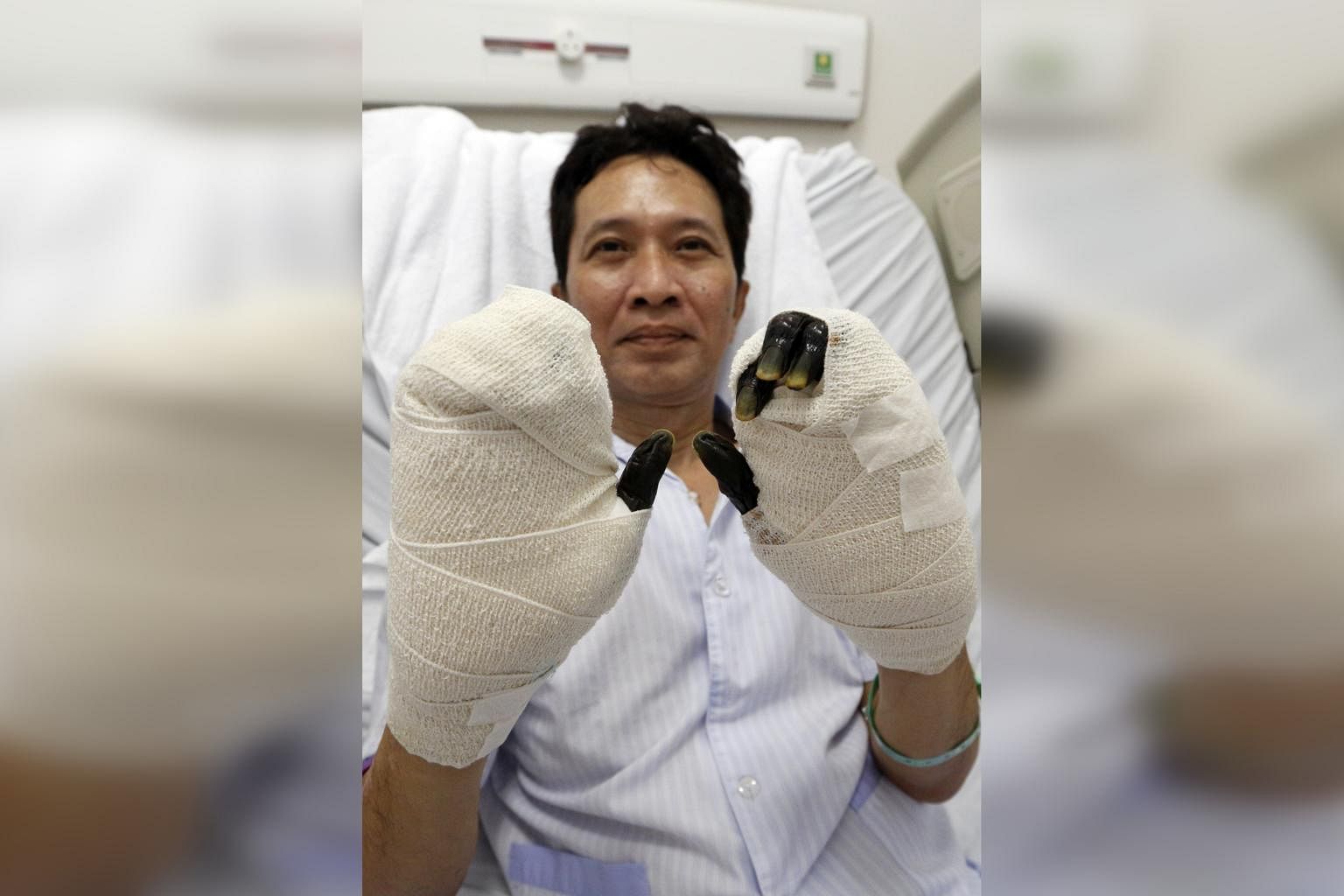SINGAPORE - None of the food stalls visited by patients who recently contracted an infectious strain of Group B Streptococcus (GBS) had sold raw fish dishes, said the authorities on Sunday (Aug 30).
The Singapore Food Agency (SFA) also did not detect GBS Type III ST283 - the same bacteria that infected about 160 patients who ate raw freshwater fish in 2015 - in its routine sampling and testing of fish samples between May last year and August this year.
In a joint statement with the Health Ministry (MOH), the SFA said it is conducting field investigations at various locations and collecting information on the patients' food history as part of its probe into the recent spike in GBS cases.
This included inspecting the food stalls that those patients had visited.
The joint statement follows a Friday circular from MOH to doctors that said public hospitals reported 50 cases of invasive GBS last month - twice the average monthly figure of 25 from earlier this year.
Laboratory tests showed that 18 of these 50 cases were infected by GBS Type III ST283, and the profiles of these patients are similar to those who were infected by the same bacteria in the 2015 outbreak.
A ban on the sale of freshwater fish as ready-to-eat raw fish dishes has been in place since December 2015.
MOH said the majority of the cases with GBS Type III ST283 were aged 65 and above, and most have since been discharged and have recovered from the infection.

One died due to an unrelated cause.
The Health Ministry reminded food stalls selling ready-to-eat raw fish to ensure good hygiene practices and proper handling of the fish.
It also alerted doctors to remain vigilant and report suspected invasive GBS cases.
As a general precaution, vulnerable groups of people, especially young children, pregnant women, elderly persons or people with chronic illness such as diabetes may be more susceptible and should exercise caution by avoiding the consumption of raw food, said MOH.
It advised individuals to thoroughly cook their food, wash their hands and utensils before preparing and consuming food, and to use separate equipment for preparing cooked and raw food.


